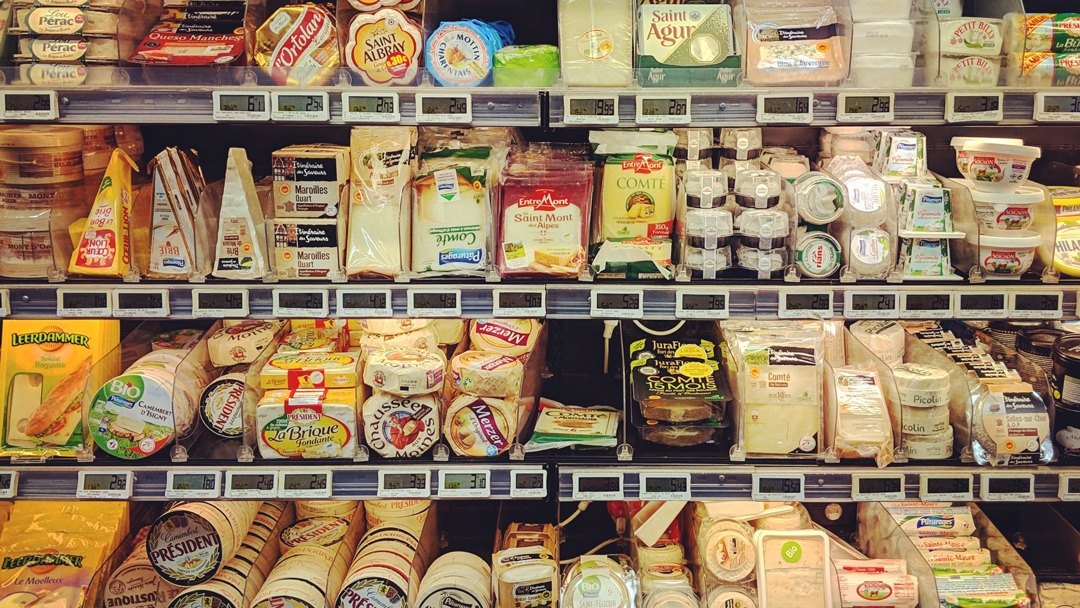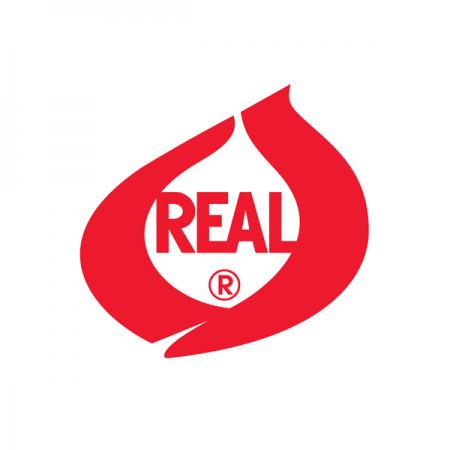Real Cheese
- Pete Johnson

In today’s marketplace, most adult consumers are familiar with the “REAL” dairy seal. This registered trademark was adopted nationwide in 1980 by the United Dairy Industry Association (UDIA). The reason, “The proliferation of imitation butter, cheese milks, sour cream and ice creams is so confusing…” (Haevrdejs, 1981) So, you may ask yourself of what importance does the history of the “REAL” dairy seal have to do with me?
When I was young, I worked summers with my father in a meat processing plant. This particular business serviced all the local restaurants with cuts of beef, pork, poultry and a cornucopia of restaurant supplies and foodstuffs. One item in hot supply at that time was a cheese substitute that looked just like real shredded cheddar cheese. It went out in large amounts to restaurants big and small all over the city. I’m guessing due to its popularity and demand by local restaurant owners, that when it was added to other ingredients the consumer was unaware of the imitation. However, after a small sampling, it was evident to me that this was not the real stuff! It looked like real cheese, it had the consistency of real cheese, but it neither smelled nor tasted like real cheese. My father and other men in the plant swore that it tasted exactly like real cheese; I was not convinced.

Realseal.com, a website dedicated to promoting the recognition and use of real dairy products, offers some good spiritual insight, intended or not,to those who profess the name of Christ. The Realseal.com home page offers this as an opening statement. “Does a product live up to its reputation? Can you trust what the label says? Is it for real? Too often, the answer is no.”
What if we applied this straightforwardness to ourselves as professing Christians? Christianity does not provide a physical marketing label that can be attached to ourselves indicating that we are what we say we are.
So, is there a way to distinguish real Christianity from the imitation/substitute that floods the “market” today? In Jesus’ Sermon on the Mount, as recorded in the Gospel of Matthew chapters 5- 7, Jesus had this to say,
“Beware of false prophets, who come to you in sheep’s clothing but inwardly are ravenous wolves. You will recognize them by their fruits. Are grapes gathered from thornbushes, or figs from thistles? So, every healthy tree bears good fruit, but the diseased tree bears bad fruit. A healthy tree cannot bear bad fruit, nor can a diseased tree bear good fruit. Every tree that does not bear good fruit is cut down and thrown into the fire. Thus you will recognize them by their fruits.” (Matthew 7: 15-20)
Scripture is clear when it comes to the identifying marks of a true believer, “the proof is in the pudding,” as they say back home.
Tom Smith, who was the research director of the Community Nutrition Institute (CNI) during 1981, and who was not in favor of the REAL dairy seal promotion was quoted in a 1981 Chicago Tribune article by Judy Hevrdejs as saying, “Some of the imitation products offer a less costly alternative: others offer a dietary alternative.”
What a resounding truth in regard to the contrast between real and imitation Christianity when juxtaposed with the word of God. Imitation Christianity most definitely offers a less costly alternative and is more palatable than the real thing.
True Christianity is always more costly and the truth related to it is often harder to stomach than the imitation. Are we the real product; are we what we claim to be, or are we an imitation?
“Not everyone who says to me, ‘Lord, Lord,’ will enter the kingdom of heaven, but the one who does the will of my Father who is in heaven. On that day many will say to me, ‘Lord, Lord, did we not prophesy in your name, and cast out demons in your name, and do many mighty works in your name?’ And then will I declare to them, ‘I never knew you; depart from me, you workers of lawlessness.’” (Matthew 7:21-23)










